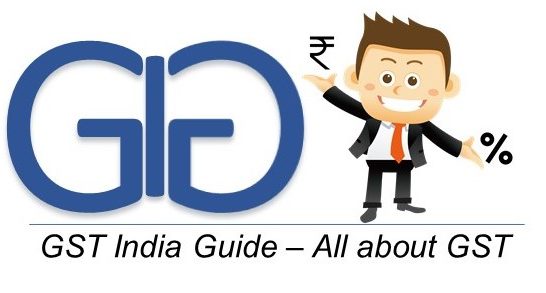Even as the government readies itself for rolling out Goods and Services Tax (GST) many Indian companies are worrying that they may be stuck between cross fire of two states fighting for revenues.
According to the GST law a state can challenge and demand a separate tax under GST, even if the amount was paid in another territory. Industry trackers say that many states that are set to lose out on revenues could become aggressive and can challenge GST calculations conducted by companies that doesn’t benefit them.
Read All About GST from Beginning
The problems say experts, is that currently there is no proper dispute resolution mechanism between the states and they will have to approach the appellate body or the Supreme Court. Industry trackers say that a separate readdressal mechanism is required for GST.
Under the GST mechanism some of the states where there are manufacturing hubs are set to lose out on revenues. This is mainly because GST is a consumption based tax. So GST would be paid at the point where goods or services are consumed and not where they are manufactured or generated. This would mean that poorer states like Bihar,
Uttar Pradesh or North Eastern states could see their revenues going up. While states like Maharashtra, Gujarat and Tamil Nadu would see their revenues depleting.
Many companies have already started preparing themselves for the GST. Some of the biggest manufacturers in the country have moved to level the playing field even before GST is put in place demanding that their vendors cut prices of goods supplied to comply with the anti-profiteering clause in the new tax regime.
The companies have already calculated the exact jump in the vendors’ margins and want that they pass it on to them. Most automobile companies and a handful of petroleum companies have started communicating to their vendors about this from early February.
The Economic Times, 10 March 2017

